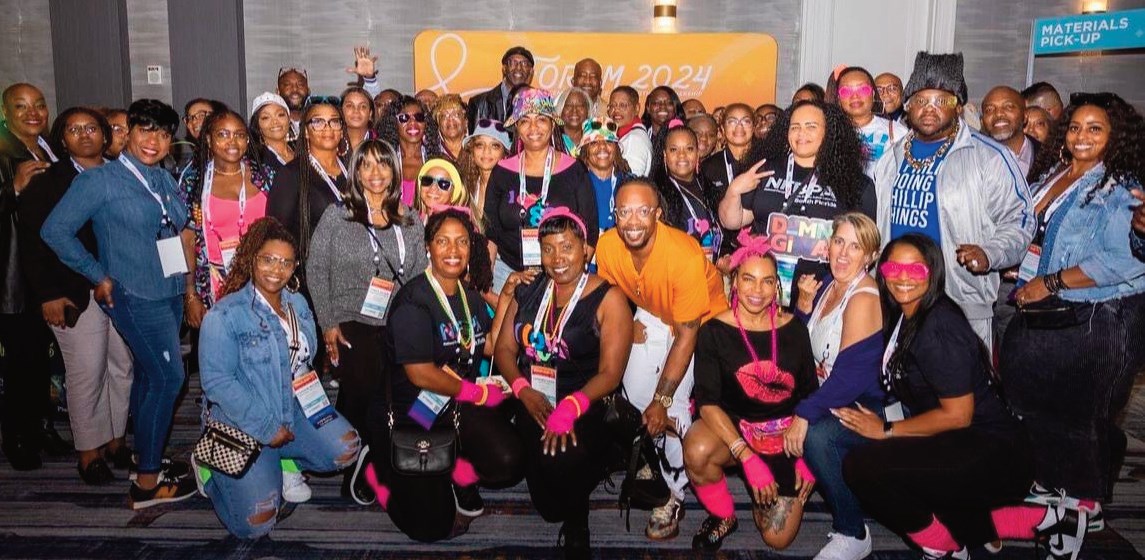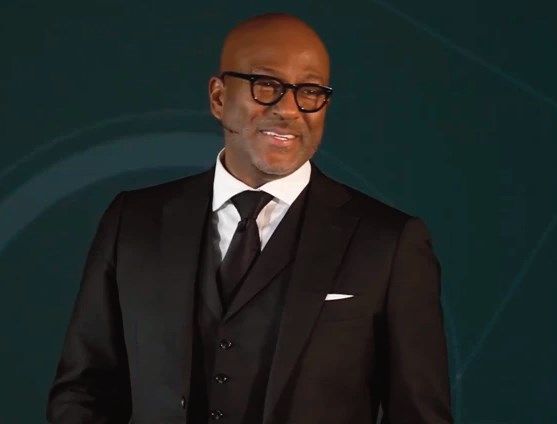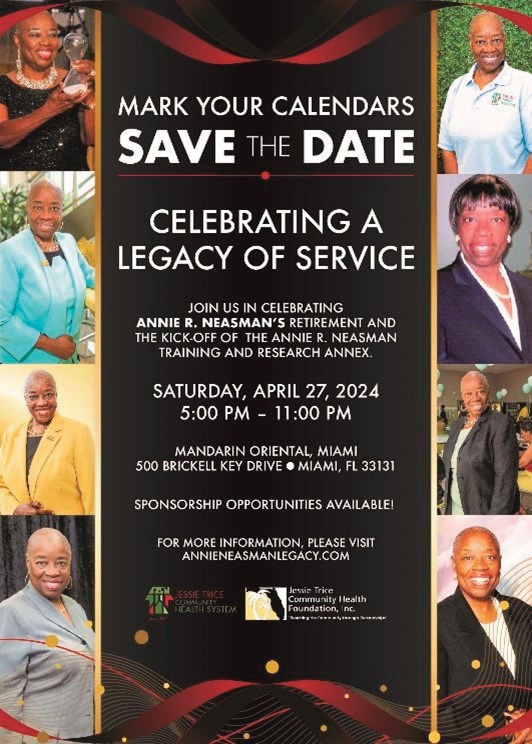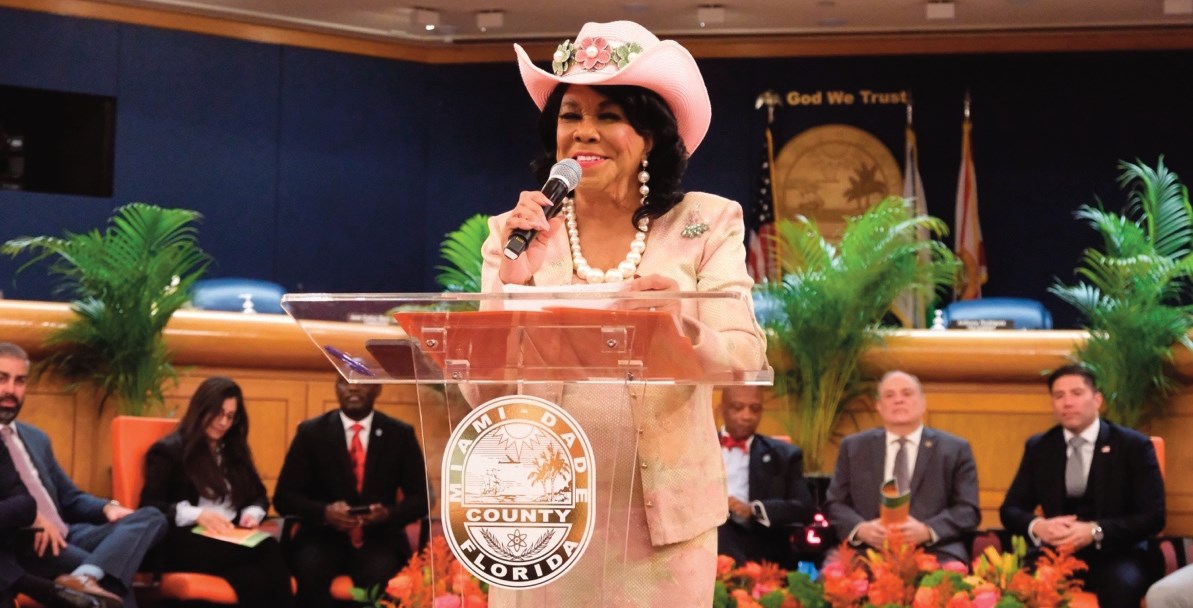RALEIGH, N.C. — Advocates for the “Wilmington 10” group exonerated in a 1972 arson case say they believe newly uncovered notes show the prosecutor tried to keep blacks off the jury and seat whites he thought were sympathetic to the Ku Klux Klan.
Nine black men and one white woman were convicted of burning down a grocery store in Wilmington in 1971 after a police officer shot and killed a black teenager. Their sentences were commuted by then Gov. Jim Hunt in 1977 and a federal appeals court overturned their convictions. Their supporters are still seeking a full pardon from outgoing Gov. Beverly Perdue.
The state chapter of the NAACP showed the notes on a poster board at a news conference Nov. 27, saying the handwriting on the legal paper appeared to match notes from other prosecution records in the case.
At the top of the list of 100 jurors, the notes said “stay away from black men.” A capital “B” was beside the names of black jurors. The notes identify one potential black juror as an “Uncle Tom type” and beside the names of several white people notations include “KKK?” and “good!!”
EVIL TWINS
“In the civil rights and faith community, we have known and felt and believed that the evil twins of racism and abuse of judicial power wrongfully tried and convicted the Wilmington 10,” said the Rev. William Barber, president of the state NAACP chapter. “But North Carolina has not been able to bring herself to the realization of the truth. It’s often hard for states and power and nations to repent but there comes a time that you must.”
Irving Joyner, a law professor at N.C. Central University and a member of the defense team for the Wilmington 10 in 1972, declined to say how he obtained the notes. Joyner said the notes were taken in the first jury selection which ended in a mistrial.
The Associated Press couldn’t independently confirm their authenticity or who wrote them.
Ben David, the district attorney in New Hanover County, home of Wilmington, would not comment on the notes presented by the NAACP, other than saying that a few years ago he gave a box to a historian marked “Wilmington 10” that contained newspaper clippings and notes. David said he didn’t go through the box, which was in a closet.
PARDON PROJECT
“This file belongs not just to the DA’s office but to history,” David said. “And I shared that file with a historian.”
The historian, Tim Tyson, was writing a book about the case. He’s now senior research scholar at the Center for Documentary Studies at Duke University. He said he wasn’t available for comment but confirmed through one of the volunteers on the pardon project that the notes came from a collection of documents about the case being held at the Southern Historical Society.
WHILE IN OFFICE
The NAACP and other supporters are urging the governor to pardon the Wilmington 10 before she leaves office in early January. They have presented a petition for pardon of innocence and planned to send at least 3,000 signatures. The notes about the jury were not available at the time that Perdue received the pardon request and were given to the governor’s staff, supporters said.
A Perdue spokeswoman said the governor was considering the pardon request.
The notes don’t make the case for the pardon request, which is based on the innocence of the Wilmington 10, Joyner said. “I think they will add to the weight of the case we brought before the governor,” he said.
The lead prosecutor on the case was Jay Stroud, who is now listed by the N.C. State Bar as a former defense attorney whose status is inactive at his request. Stroud has been arrested more than a dozen times in the past six years. His son told The Gaston Gazette last year that his father suffers with bipolar disease and that he was diagnosed about the same time he graduated from law school.
The son, Kirk Stroud, didn’t return a phone call to the Associated Press.
The AP tried to find Stroud at his last known address in Gastonia.
*Pictured above is Gov. Beverly Perdue.












No Comment